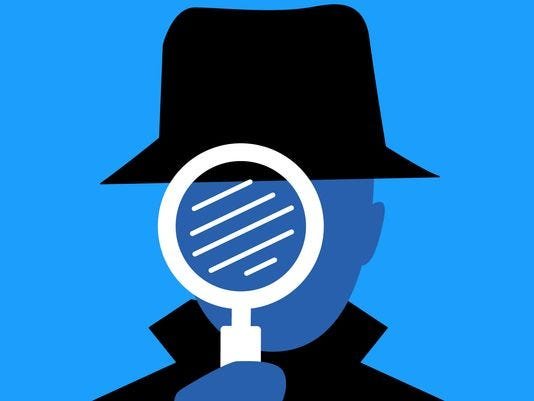
In early 2012, Marie Colvin, an acclaimed international journalist from New York, entered the besieged city of Homs, Syria, while reporting for London’s Sunday Times. She wrote of a difficult journey involving “a smugglers’ route, which I promised not to reveal, climbing over walls in the dark and slipping into muddy trenches.”
Despite the covert approach, Syrian forces still managed to get to Colvin; under orders to “kill any journalist that set foot on Syrian soil,” they bombed the makeshift media center she was working in, killing her and one other journalist and injuring two others. Syrian forces may have found Colvin by tracing her phone, according to a lawsuit filed by Colvin’s family this month.
Syrian military intelligence used “signal interception devices to monitor satellite dish and cellphone communications and trace journalists’ locations,” the suit says. In dangerous environments like war-torn Syria, smartphones become indispensable tools for journalists, human rights workers, and activists. But at the same time, they become especially potent tracking devices that can put users in mortal danger by leaking their location. National Security Agency whistleblower Edward Snowden has been working with prominent hardware hacker Andrew “Bunnie” Huang to solve this problem.
The pair are developing a way for potentially imperiled smartphone users to monitor whether their devices are making any potentially compromising radio transmissions. They argue that a smartphone’s user interface can’t be relied on to tell you the truth about that state of its radios. Their initial prototyping work uses an iPhone 6. “We have to ensure that journalists can investigate and find the truth, even in areas where governments prefer they don’t,” Snowden told me in a video interview. “It’s basically to make the phone work for you, how you want it, when you want it, but only when.”
Huang made a name for himself by using a technique known as reverse engineering to hack into Microsoft’s Xbox and other hardware devices locked down using various forms of encryption, and Snowden said he’s been an invaluable research partner. “When I worked at the NSA, I worked with some incredibly talented people,” Snowden said, “but I’ve never worked with anybody who had such an incredible outpouring of expertise than I have with Bunnie.” Snowden and Huang presented their findings in a talk at MIT Media Lab’s Forbidden Research event today and published a detailed paper.
Full article - https://theintercept.com/2016/07/21/edward-snowdens-new-research-aims-to-keep-smartphones-from-betraying-their-owners/
Excellent write!